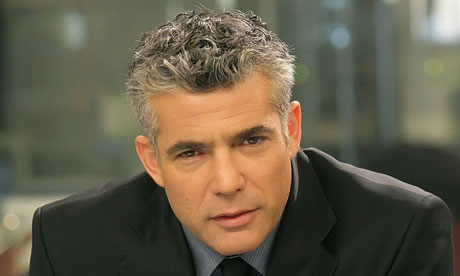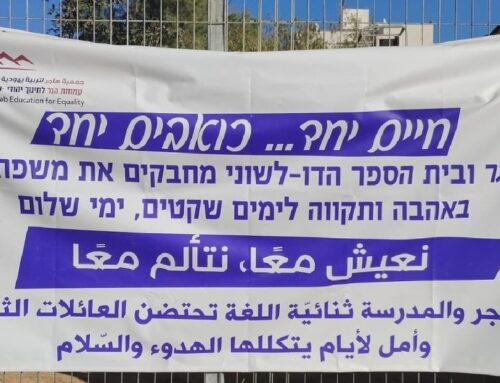Following in the footsteps of Theodore Herzl, the father of modern Zionism who was Paris correspondent for the Viennese newspaper, the Neue Freie Presse, journalists and media personalities are very prominent in the 2013 Israeli election campaign.
 |
| Yachimovich |
 |
| Lapid |
Tzipi Livni, on the other hand, who returned to active politics by founding the new Hatnua (The Movement) Party, was Foreign Minister, and headed other ministries as well (though she was not a journalist).
Livni’s entrance means that Meretz is no longer the only party emphasizing the importance of resuming a peace process with the Palestinians, and saying that Abbas is a partner. However, Livni does not raise the other Meretz flag — the social one — and was against the social protest movement. On economics she’s more of a neo-con like Netanyahu. Here the challenge for Meretz comes from the fact that Amir Peretz (a former leader of the Histadrut trade union federation and Labor Party chairman) left Labor and joined Livni, though the combination is not a totally credible one.
Meanwhile, Livni, after an initial boost, has been declining in the polls, while Lapid and Meretz have been rising, as has the Yachimovitz-led Labor Party, though the center-left bloc is not yet able to challenge the right-wing bloc for a majority in the 19th Knesset.
P.S. I’ve posted a new piece, “Elections 2013: Israel at the Crossroads,” at The Times of Israel website. Here’s a sample:
…. The tendency towards the right has been reinforced by simple demographics, the Orthodox and ultra-Orthodox religious who since the “miracle” (in their eyes) of 1967 have tended to vote for right-wing parties have more children. In addition, the failure to resolve the Israeli-Palestinian conflict, along with anxieties produced by the uncertainties created by the Arab Spring have made many, particularly younger voters, open to right-wing messages of the whole region and world’s against us, there is no solution and we must be strong and uncompromising.Leftwing energyThe counterpoint to that approach is the energy generated by the mass social protest movement for social justice, which reached its peak on September, 3, 2011, when 500,000 Israelis took the streets saying that “the people demands social justice”. Most of the young leaders of that protest came from the left, and although they initially created a separation between socio-economic issues and the cost of the settlements, the occupation and the need for peace, they have since begun to make the connection. The social protest has had a profound impact on the Israeli discourse, placing socio-economic questions on the public agenda, alongside peace and security.So how does all this translate into the elections of January, 2013? ….






Leave A Comment